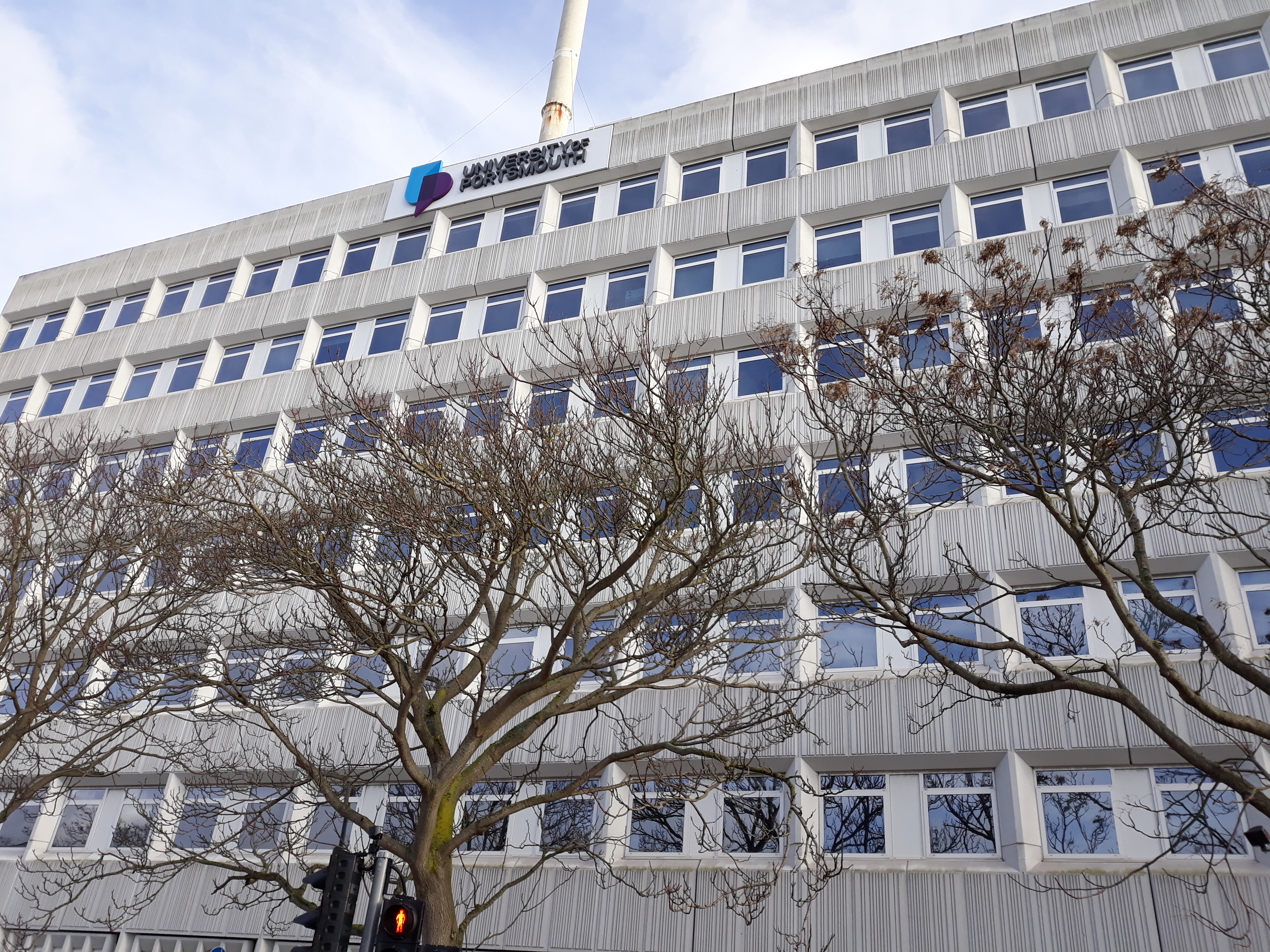-
hello@abroadcube.com
Mail us
-
Call For Help:
98779 83783
-
Whatsapp Us
70090 34921
| Level | Masters |
| Discipline | Sciences |
| Duration | 12 months |
| Intakes | Sep |
| Application Fees | GBP 0 |
| Tuition Fees | GBP 19200 |
| Campus | Main |
| Language proficiency (minimum) | |
| IELTS | 6.5 |
|---|---|
| TOEFL | Not Accepted |
| PTE | Not Accepted |
| Duolingo | 120 |
| Exam proficiency (minimum) | |
| SAT | Not Required / Waiver |
|---|---|
| ACT | Not Required / Waiver |
| GRE | Not Required / Waiver |
| GMAT | Not Required / Waiver |
A good honours degree in Psychology that is recognised by the British Psychology Society as conferring Graduate Basis for Chartered Membership (GBC). Applicants are expected to have some relevant experience at the time of application. This can be one or more of 3 kinds: 1.Paid employment directly within or related to the criminal justice system (e.g. Assistant Psychologist in the Prison Service/Forensic Mental Health Setting, a role in probation/the police, Youth Offending Team or similar) 2.Paid work in a setting where you have used "transferable skills" (e.g. interpersonal skills/problem-solving) with relevant populations such as the homeless, individuals with learning disabilities, those with mental health/substance related problems 3.Voluntary work with relevant agencies that again work with populations relevant to the criminal justice system (e.g. Victim Support, NACRO, Circles, SOVA, Motiv8, ‘Appropriate Adult’ services)
QS Quacquarelli Symonds is the world’s leading provider of services, analytics, and insight to the global higher education sector, whose mission is to enable motivated people anywhere in the world to fulfil their potential through educational achievement, international mobility, and career development.
THE (Times Higher Education) has been providing trusted performance data on universities for students and their families, academics, university leaders, governments and industry, since 2004. We create university rankings to assess university performance on the global stage and to provide a resource for readers to understand the different missions and successes of higher education institutions.
The Academic Ranking of World Universities (ARWU) was first published in June 2003 by the Center for World-Class Universities (CWCU), Graduate School of Education (formerly the Institute of Higher Education) of Shanghai Jiao Tong University, China, and updated on an annual basis
The "Webometrics Ranking of World Universities" is an initiative of the Cybermetrics Lab, a research group belonging to the Consejo Superior de Investigaciones Científicas (CSIC), the largest public research body in Spain. CSIC is among the first basic research organizations in Europe. The CSIC consisted in 2006 of 126 centers and institutes distributed throughout Spain.

